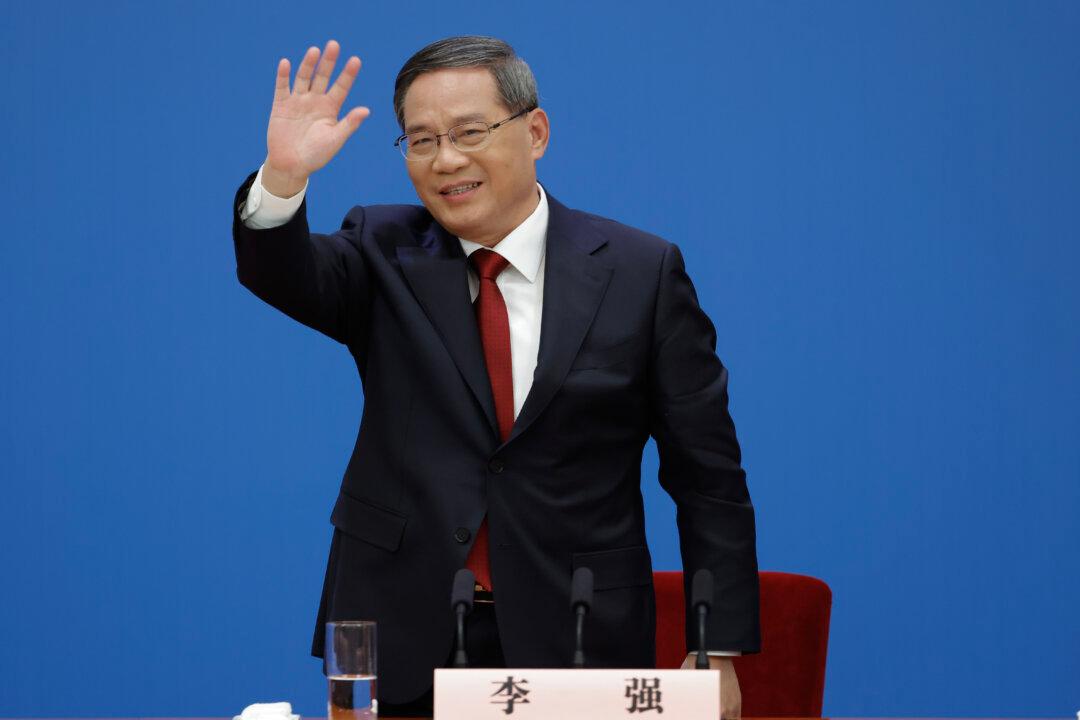Chinese Premier Li Qiang on Monday told German business leaders that companies should take the lead on managing risk after Germany published its national security strategy, which described China as a “systemic rival.”
Li met with representatives of German companies—including Volkswagen, BMW, and Mercedes-Benz—in Berlin ahead of government consultations on Tuesday at the start of his first official trip overseas.





